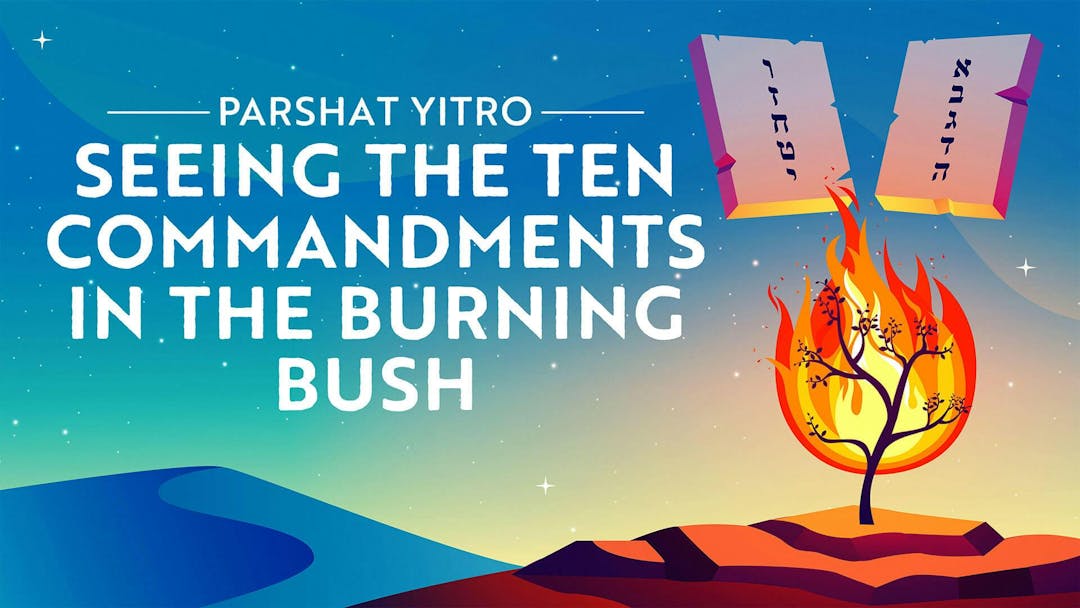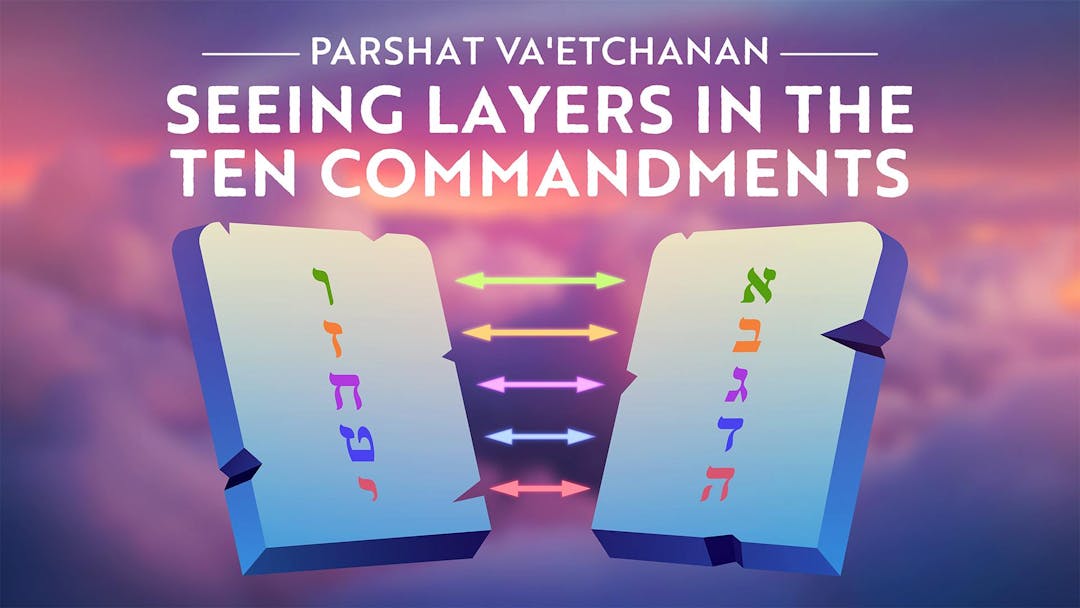Start your free trial today to unlock the full library and enjoy unlimited and uninterrupted access.
Get StartedWhat Do The Ten Commandments Mean?
The 10 Commandments Are the Master Key to Torah
Why are the Ten Commandments important to Judaism? Do you ever wonder what’s so special about the Ten Commandments? Why were they singled out to be part of God’s momentous speech at Mount Sinai? Why do we make such a big deal about reading them on Shavuot, or putting them up in our shuls and on our courthouses? Why do we treat them as if they are somehow more special, or more fundamental, than all of the other parts of the Torah?
The answer that’s often given is that they are more fundamental than the other parts of the Torah because they somehow represent the core ideas of the Torah. That every law in the Torah can be somehow reduced to one of these Ten Commandments. It’s as if these are the ten most essential concepts that God is trying to convey to us.
So go with that theory for a second, and now ask yourself this: What if we told you that the Ten Commandments, these ten essential concepts, do express a fundamental Torah truth, but they aren’t actually ten? That the “ten commandments” are actually one single idea – the idea, the big, central message that God wanted the Israelites to hear, the one message that the whole Torah boils down to? The most core truth at the heart of all of Judaism, as it were?
Don't you want to know: What's the one big idea??
Take a look at this course, in which Rabbi Fohrman approaches the Ten Commandments almost as an archaeologist, identifying multiple hidden layers that are baked into the text, peeling them back one by one, and revealing the single core truth that lies beneath them all.
Discover other great Shavuot videos at Aleph Beta, including ‘The Book of Ruth Explained’, ‘The Scandalous Backstory of Boaz & Ruth’, and ‘Why Do We Celebrate Shavuot Laws’
Want to watch the full video for free?
Enter your email and we’ll send you a link to watch the full series free.
What is Aleph Beta?
Aleph Beta is a unique kind of Torah library. Led by our founder, Rabbi David Fohrman, we are dedicated to high-level, textual Torah learning for adults that is intellectually and spiritually sophisticated, that enlivens your Jewish practice and helps you forge a deeper connection to God. Whether you’ve been learning in yeshiva for years or you’re just beginning your Torah journey, you’re sure to find something meaningful and surprising waiting for you here.
Browse our library of over 1,000 beautifully produced animated videos, podcasts, deep dive courses, and printable guides. Topics include the weekly parsha, Jewish holidays & fast days, laws & mitzvot, prayers, relationships, big philosophical ideas and more. Have something to say at the Shabbos table that will amaze your family and guests and bring deep meaning into their lives.











